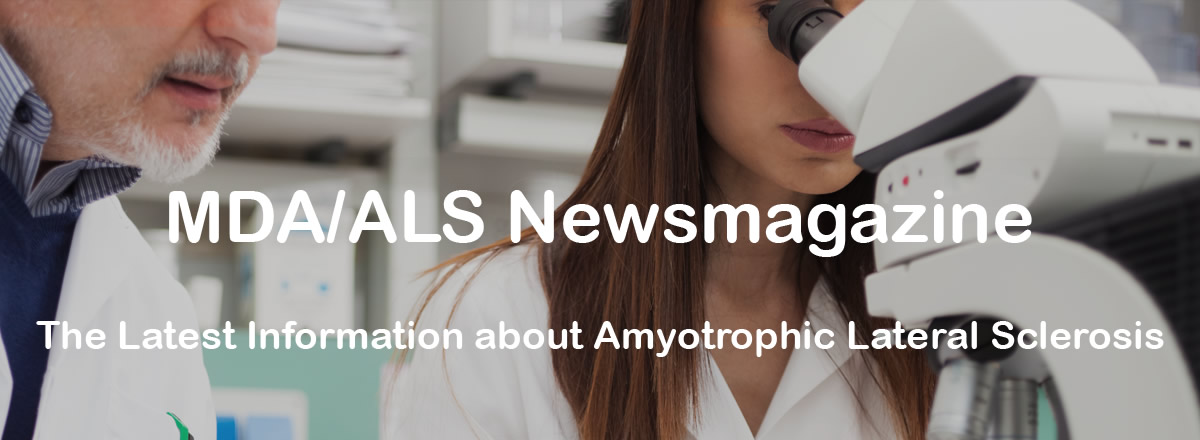
Tips for Tackling Depression

Recognition and treatment are key
A bout of depression can bring added difficulty to a life already complicated by ALS. To keep depression from bringing you down, check out these 10 tips — culled from a variety of expert sources — for understanding, spotting and stopping it.
1.) A common misconception about depression in people with terminal illness is that in such situations depression is “understandable” or “normal” and nothing to worry about. In fact, studies have shown that most people with late-stage ALS aren’t depressed. Identifying and treating depression, rather than accepting it as “normal,” can have a tremendous positive effect on quality of life.
2.) Depression may be a result of suffering; it also may cause it. Untreated depression can reduce the effectiveness of the immune system and lower the pain threshold, leading to even more difficulties.
3.) Depression is treatable, and those who receive early diagnosis and treatment tend to have better outcomes than those who wait.
4.) Sometimes it’s difficult to distinguish between the symptoms of depression and other emotions, such as grief. Determining what’s actually going on is important for finding the right treatment. A doctor or counselor can help.
5.) It also can be hard to distinguish the cause of physical symptoms such as fatigue or sleep difficulties, which may be caused by depression or by ALS itself.
6.) Feeling unable to make a contribution to the world can be depressing. It’s important to find new ways to maintain connections and engage with others, such as through consulting, tutoring, music, painting, journaling, and seeking social outlets such as visiting with friends and attending church, club meetings and sports events.
7.) Fear can trigger or exacerbate depression and must be identified and addressed. Common fears include: abandonment by family members who the patient feels may be overburdened by the disease; fear of the unknowns involved with the disease; and fear of death and ideas of an afterlife.
8.) Some find relief from depression through simple life adjustments — communicating with family and friends, seeking out the positives, enjoying nature, finding ways to stay socially active, and relaxation or meditation exercises.
9.) Effective treatment of depression may involve psychological and spiritual support, such as professional or pastoral counseling. Also included may be drugs such as selective serotonin reuptake inhibitors (SSRIs) including citalopram (Celexa), escitalopram oxalate (Lexapro), fluoxetine (Prozac), paroxetine (Paxil) or sertraline (Zoloft), or tricyclic antidepressants such as amitriptyline (Elavil).
10.) Each individual’s unique circumstances should be taken into account when selecting medications to control depression — including the desirability of certain side effects. Not all side effects are bad. For example, the SSRIs are known to have an analgesic effect, which may help reduce pain. One of the side effects of the tricyclic antidepressant amitriptyline (Elavil) is reduced saliva production, which can help those having difficulty controlling their oral secretions.